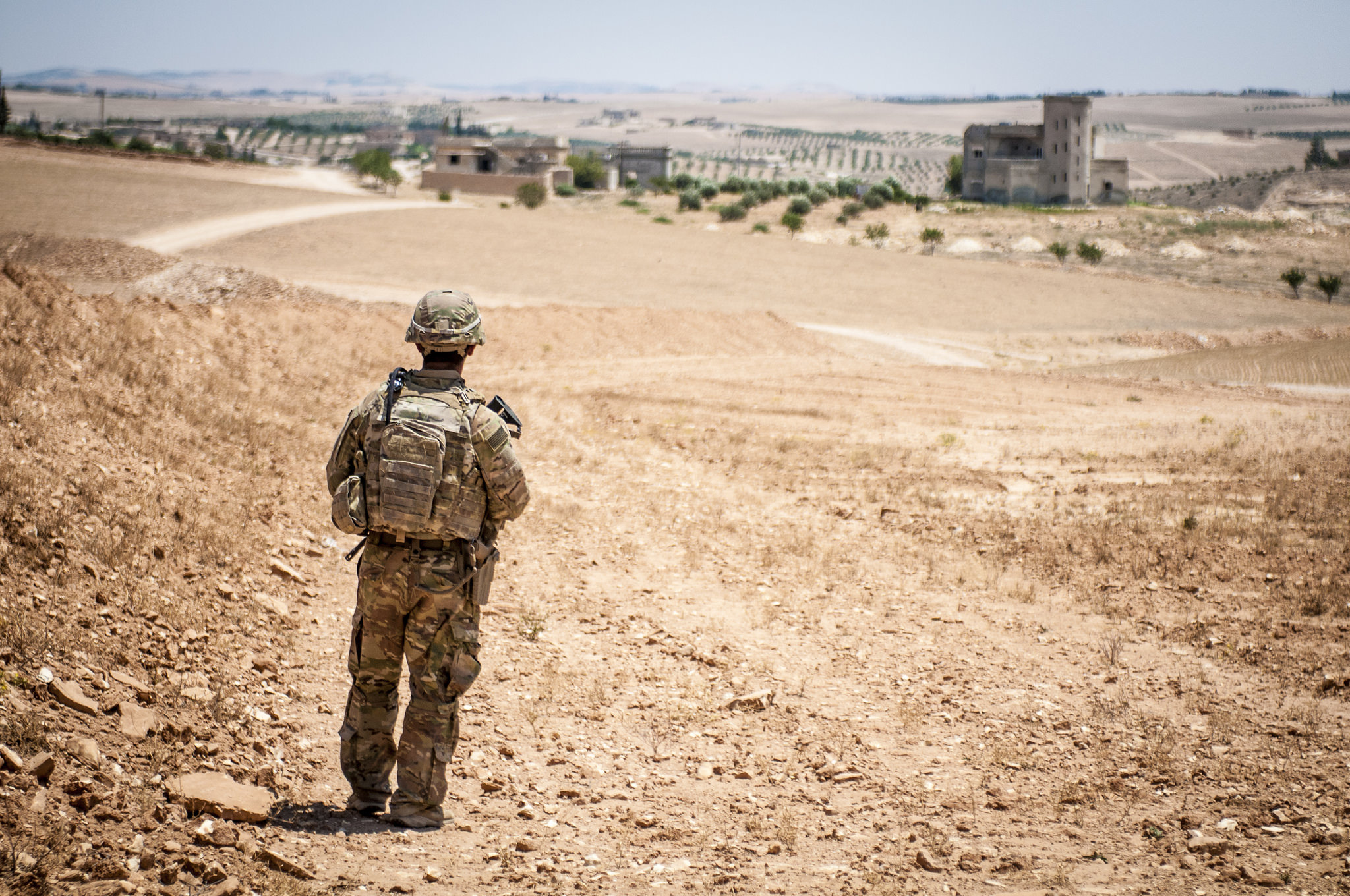August 26, 2023
Reassessing Obama’s Syria red line ten years later

For most Syrians, Aug. 21, 2013, will forever be remembered with anguish, dread, and tears. On that night, the Syrian army sent missiles laced with sarin gas into opposition-held neighborhoods on the outskirts of Syria’s capital, Damascus. While we don’t know if Syrian dictator Bashar al-Assad ordered this specific attack, we do know from various investigations carried out that the Syrian army was responsible for it. According to a U.S. intelligence assessment, more than 1,400 civilians were killed.
Ten years later, the U.S. response to this disgusting episode still hangs over the U.S. foreign policy discourse like an unforgettable nightmare. The weeks-long saga turned out to be one of former President Barack Obama’s most tumultuous periods during his two terms in office. The infamous “red line” episode, in which Obama warned Assad not to use chemical weapons lest it trigger a U.S. military response, was blatantly stepped over. In the end, Obama decided not to enforce it, leading many to state that U.S. credibility was undermined. Some analysts remain indignant on this point.
Yet a decade removed from this horrendous event, it’s difficult to see how Obama carrying out his red line threat would have made much of a difference in the grand scheme of things. While it’s impossible to prove a counterfactual, one could easily envision a scenario where such a strike would have no effect on Assad’s calculation at all. The civil war in Syria would have gone on regardless.
First, it’s important to put one thing in perspective: those who argue that the Obama administration should have used military force in retaliation for the Syrian government’s chemical weapons attack are essentially arguing that the president has the sole power to defy the U.S. Constitution as he or she sees fit.
More on Middle East

By Jennifer Kavanagh and Dan Caldwell
June 28, 2025

By Rosemary Kelanic and Jennifer Kavanagh
June 25, 2025

Featuring Rosemary Kelanic
June 25, 2025
Events on Syria






